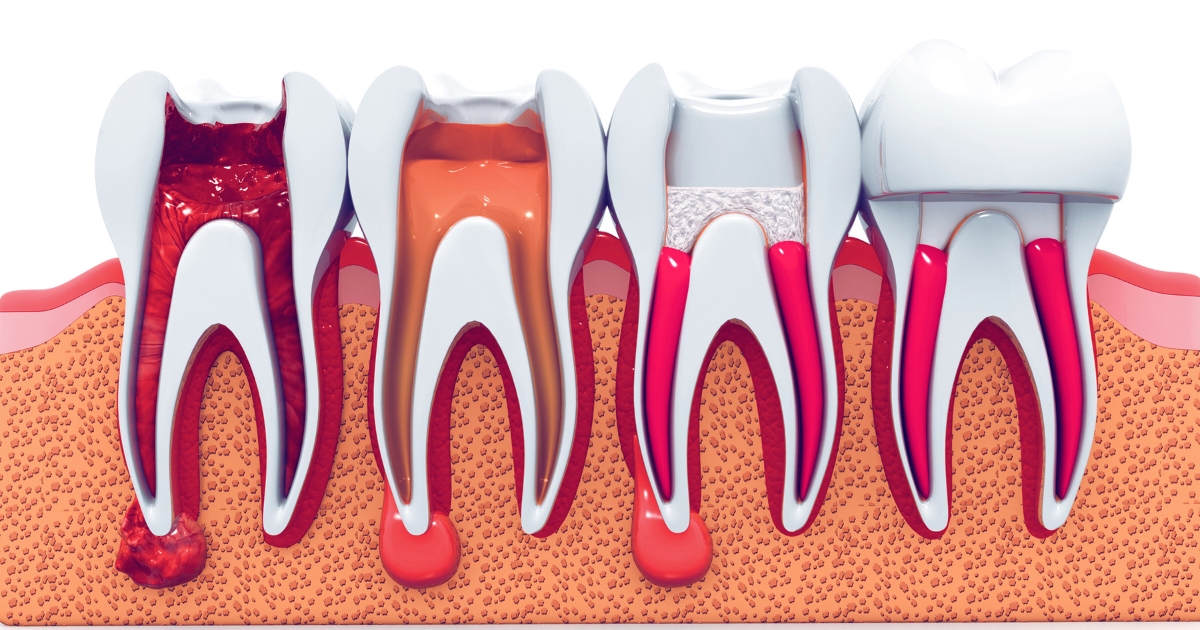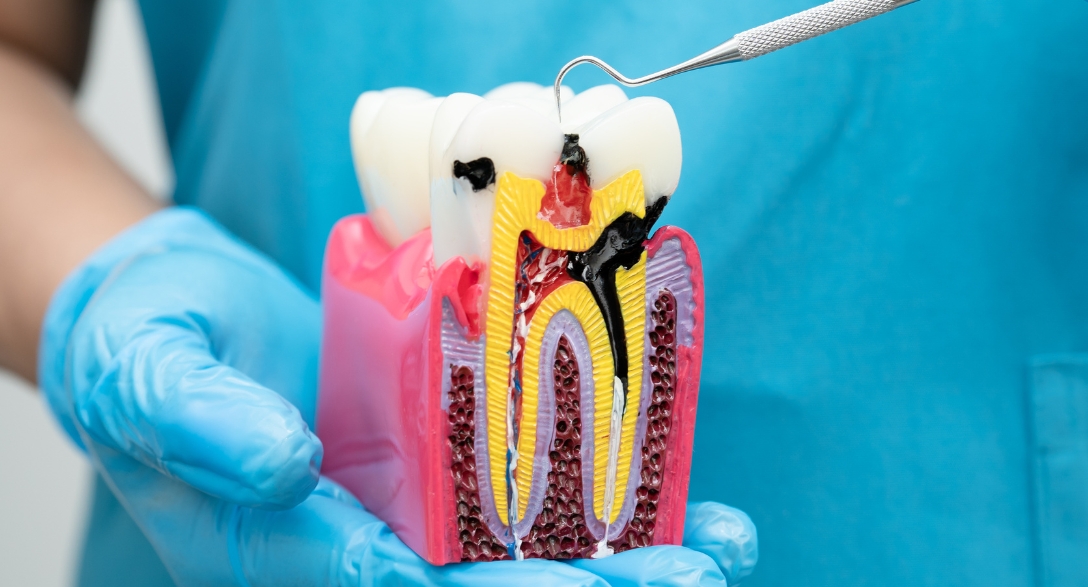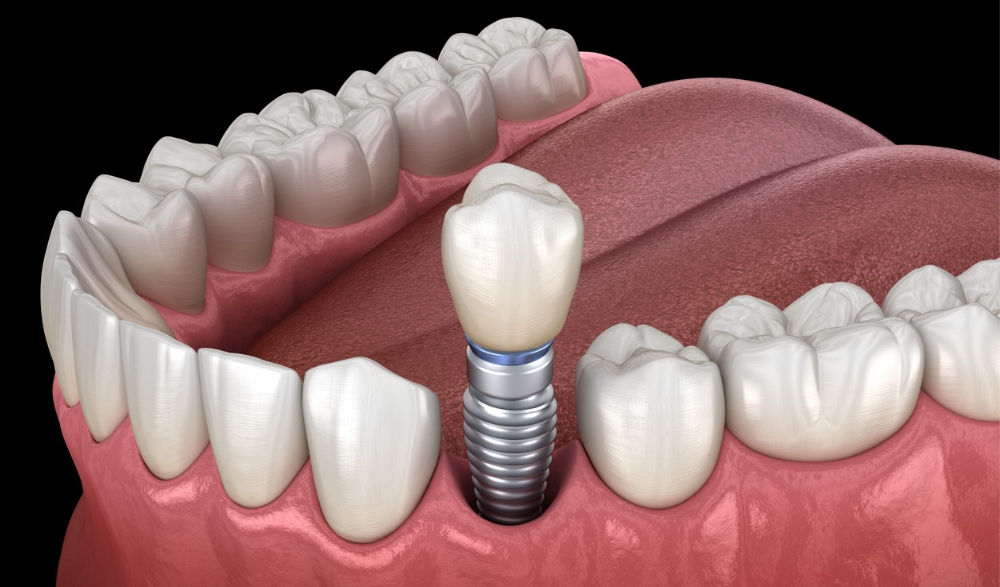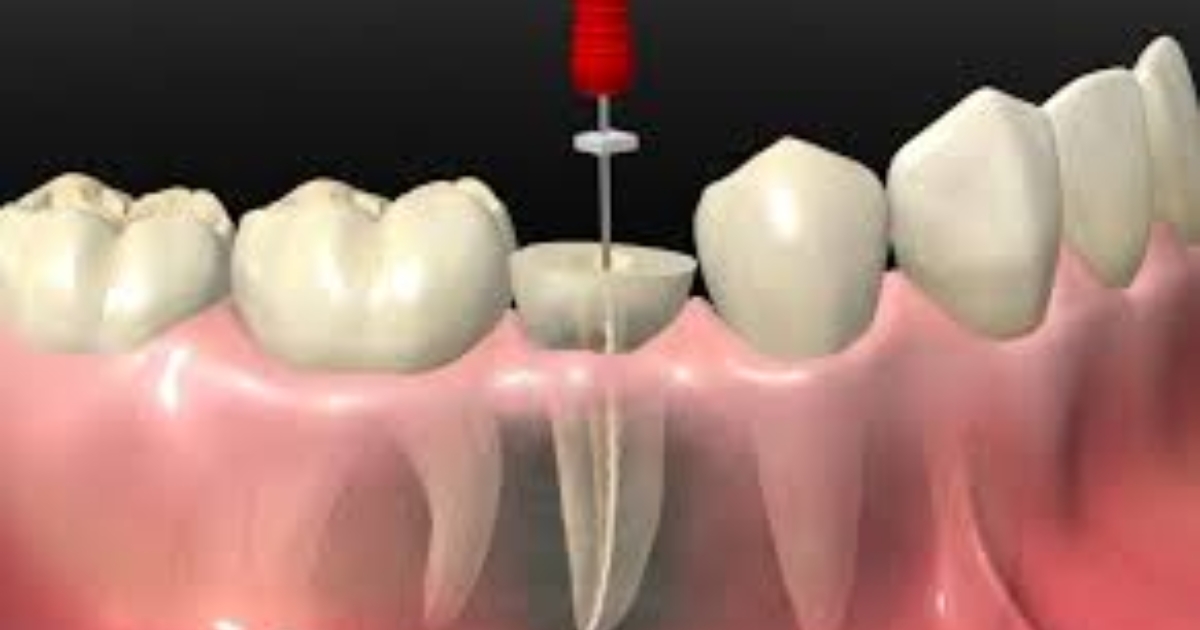Call Us Today 817-737-7668

When faced with a damaged or infected tooth, you might wonder whether to opt for root canal therapy or go for a tooth extraction. Both procedures aim to address dental issues, but they come with different approaches and outcomes.
Root canal therapy can save your natural tooth, while tooth extraction involves removing it entirely. So, which one is better for you?
In this blog, we’ll explore why root canal treatment is better when dealing with damaged teeth. From preserving your natural tooth to preventing long-term oral health issues, root canals offer a range of benefits.
By comparing the pros and cons of both root canal therapy and tooth extraction, we’ll help you make a more informed decision about which treatment best suits your needs. Whether you’re concerned about recovery time or long-term effects, we’ve got you covered.
Keep reading to understand why opting for a root canal might be your best option for saving both your tooth and your smile!
What is Root Canal Therapy?
Root canal therapy is a dental procedure aimed at saving a severely damaged or infected tooth. The treatment focuses on removing infected tissue from inside the tooth’s root, cleaning the area, and sealing it to prevent further damage or infection. It offers a valuable alternative to tooth extraction and helps maintain your tooth’s natural structure.
- The procedure begins with a thorough examination and X-rays.
- The infected pulp is removed, and the root canal is cleaned.
- The tooth is then sealed and usually restored with a crown to protect it.
- Root canal therapy helps avoid tooth loss and preserve natural teeth.
- The goal is to alleviate pain, restore function, and prevent future infections.
Root canal therapy is often the best choice when it comes to saving your tooth. If you need root canals in Fort Worth, TX, finding a skilled endodontist is crucial to ensure a successful and lasting outcome.
What is Tooth Extraction?
Tooth extraction involves the removal of a tooth that is damaged beyond repair or is causing issues like infections, severe decay, or crowding. This procedure is typically recommended when there is no other way to restore the tooth’s health.
- The process begins with an examination and an X-ray to assess the tooth’s condition.
- After numbing the area, the endodontist will remove the tooth either in one piece or in sections.
- Post-extraction care includes managing swelling, preventing infection, and ensuring proper healing.
- Afterward, replacement options, such as implants or bridges, may be needed to restore function and aesthetics.
While tooth extraction removes the problem, it also leads to the loss of your natural tooth, making it an irreversible option.
The Long-Term Benefits of Root Canal Therapy
Root canal treatment is better in many cases for its long-term benefits. Preserving your natural tooth can help maintain both your oral health and facial structure.
- A preserved tooth helps prevent bone loss, which can occur when teeth are removed.
- Root canal therapy also avoids shifting teeth, which may occur after tooth extraction.
- The procedure helps maintain proper chewing function, allowing you to eat comfortably.
- It supports overall oral health, as missing teeth can lead to further dental issues.
- A saved tooth ensures that the rest of your teeth stay in their proper alignment.
By opting for root canal therapy, you keep your smile intact while protecting your long-term oral health and functionality.
Risks and Drawbacks of Tooth Extraction
While tooth extraction may seem like a quick solution, it comes with several long-term risks and challenges. The loss of a tooth can impact both your appearance and oral health.
- When a tooth is extracted, surrounding teeth may begin to shift, altering your bite.
- Bone loss can occur in the area where the tooth was removed, which may require additional treatments, like bone grafts.
- Replacements such as dental implants or bridges are necessary to restore function, which can be expensive and time-consuming.
- Without a tooth in place, you may experience difficulty chewing or speaking properly.
- Aesthetic concerns may arise due to the gap left by the extracted tooth.
Tooth extraction may be necessary in certain situations, but it’s important to consider the long-term consequences before making the decision.
Root Canal Therapy and the Impact on Quality of Life
Studies show root canals have saved more than 15 million teeth every year. Root canal therapy significantly impacts your quality of life, helping you retain your natural teeth and preserving your smile for years to come.
- Preserving a natural tooth helps maintain proper chewing function, making it easier to eat and speak.
- The aesthetics of your smile are preserved, contributing to self-confidence and a more natural appearance.
- Root canal therapy minimizes the need for replacements, avoiding the long-term costs of implants or dentures.
- The procedure reduces the risk of infection, ensuring a healthier mouth overall.
- A preserved tooth allows you to maintain a natural bite, reducing the risk of jaw problems.
Root canal therapy not only saves your tooth but also enhances your overall well-being by preserving oral health and function.
The Role of an Endodontist in Choosing Between the Two
An endodontist plays a critical role in determining whether root canal therapy or tooth extraction is the best option for your situation. By evaluating the condition of the tooth and considering your oral health, they can provide guidance tailored to your needs.
- The endodontist assesses the extent of damage, infection, or decay in the tooth.
- They factor in your overall health, age, and preferences when recommending the most suitable treatment.
- With expertise in saving teeth, an endodontist can determine if a root canal is viable or if extraction is necessary.
- If root canal therapy is not feasible, the endodontist can discuss potential replacements and post-extraction solutions.
- Their experience ensures that you make an informed decision based on your unique dental health.
When it comes to preserving your oral health, root canal treatment is better than tooth extraction. Not only does it save your natural tooth, but it also helps maintain the integrity of your bite, prevents bone loss, and preserves your smile. Weighing the pros and cons with an experienced endodontist ensures that you make the right choice for your long-term health and comfort.





